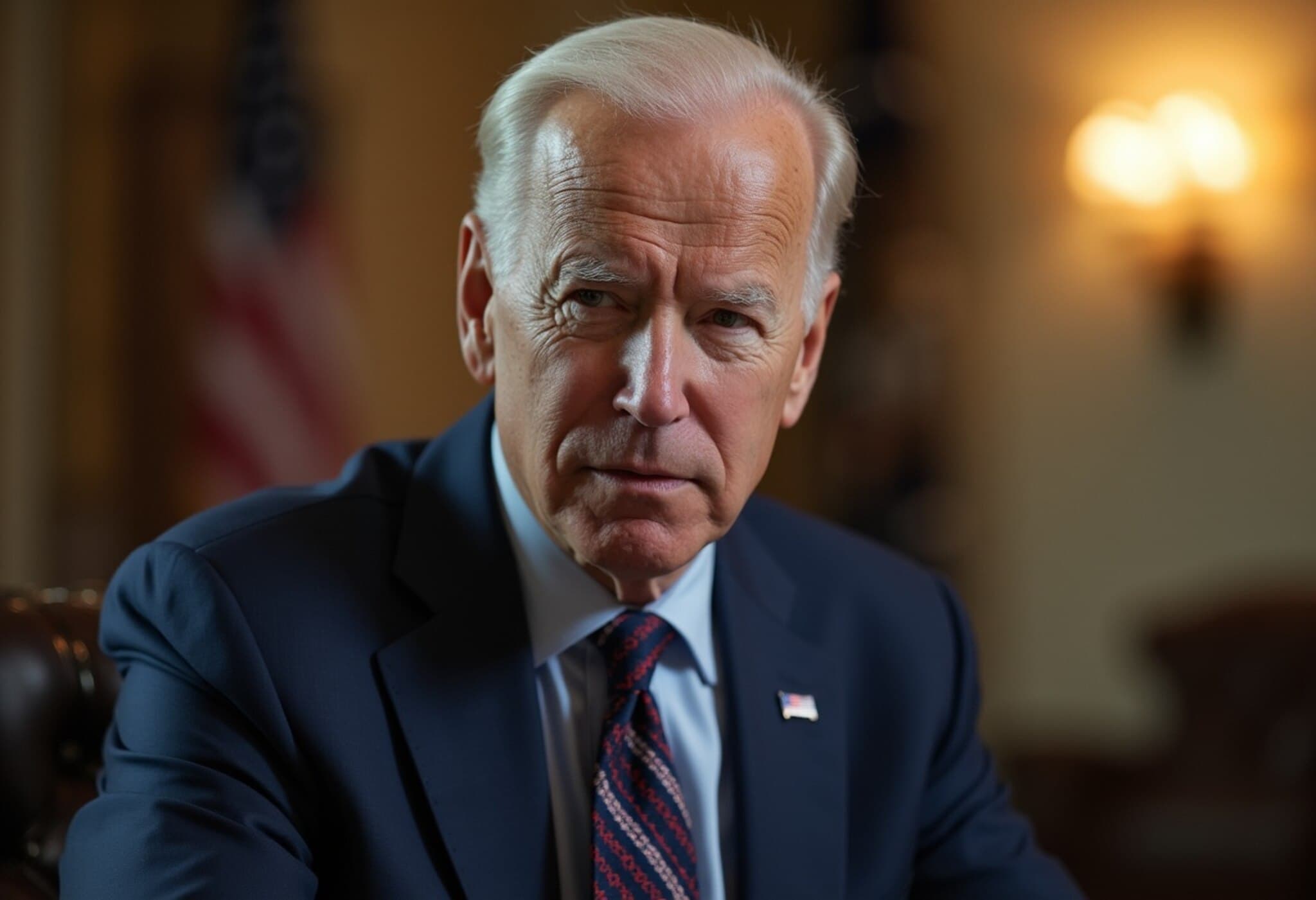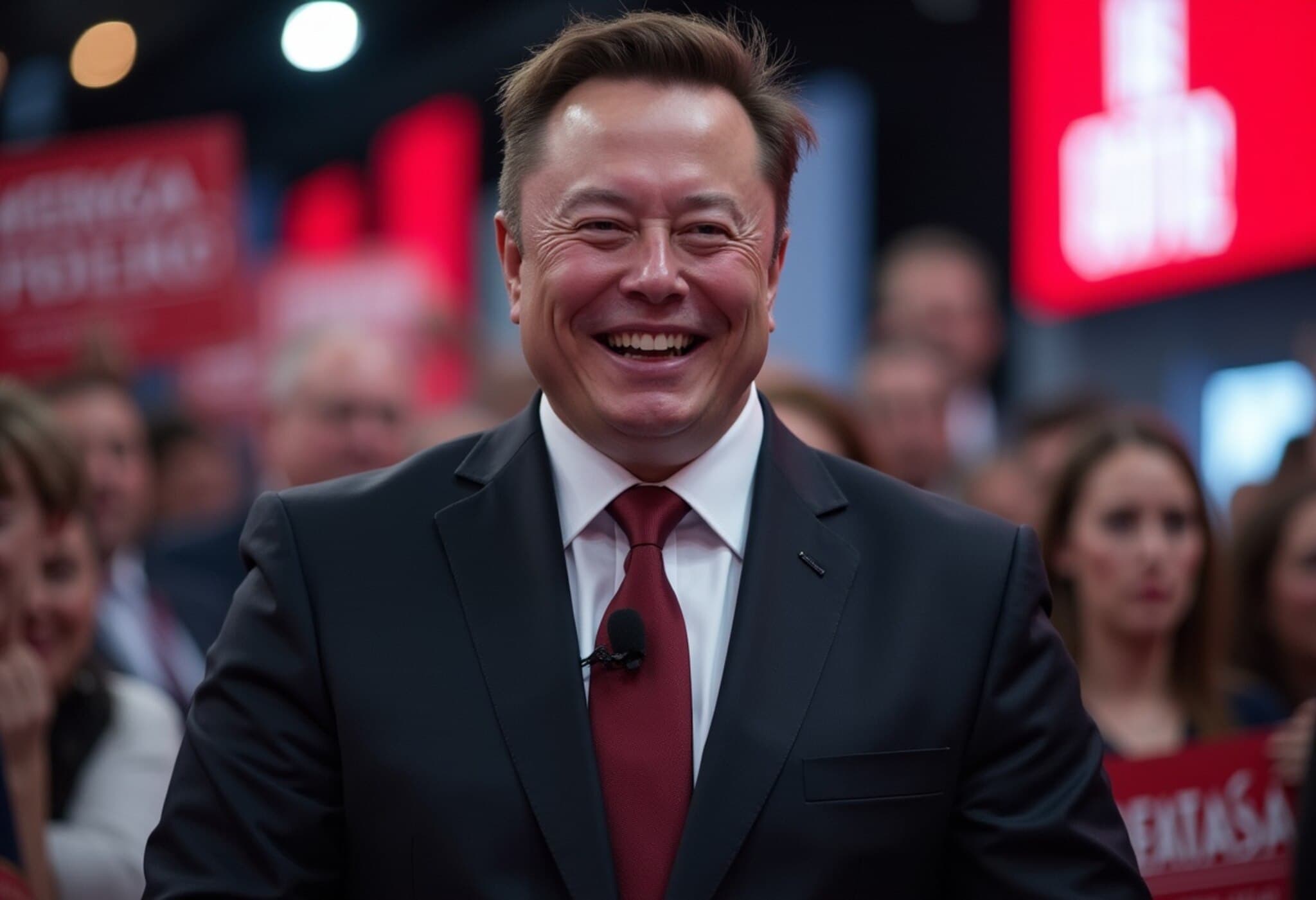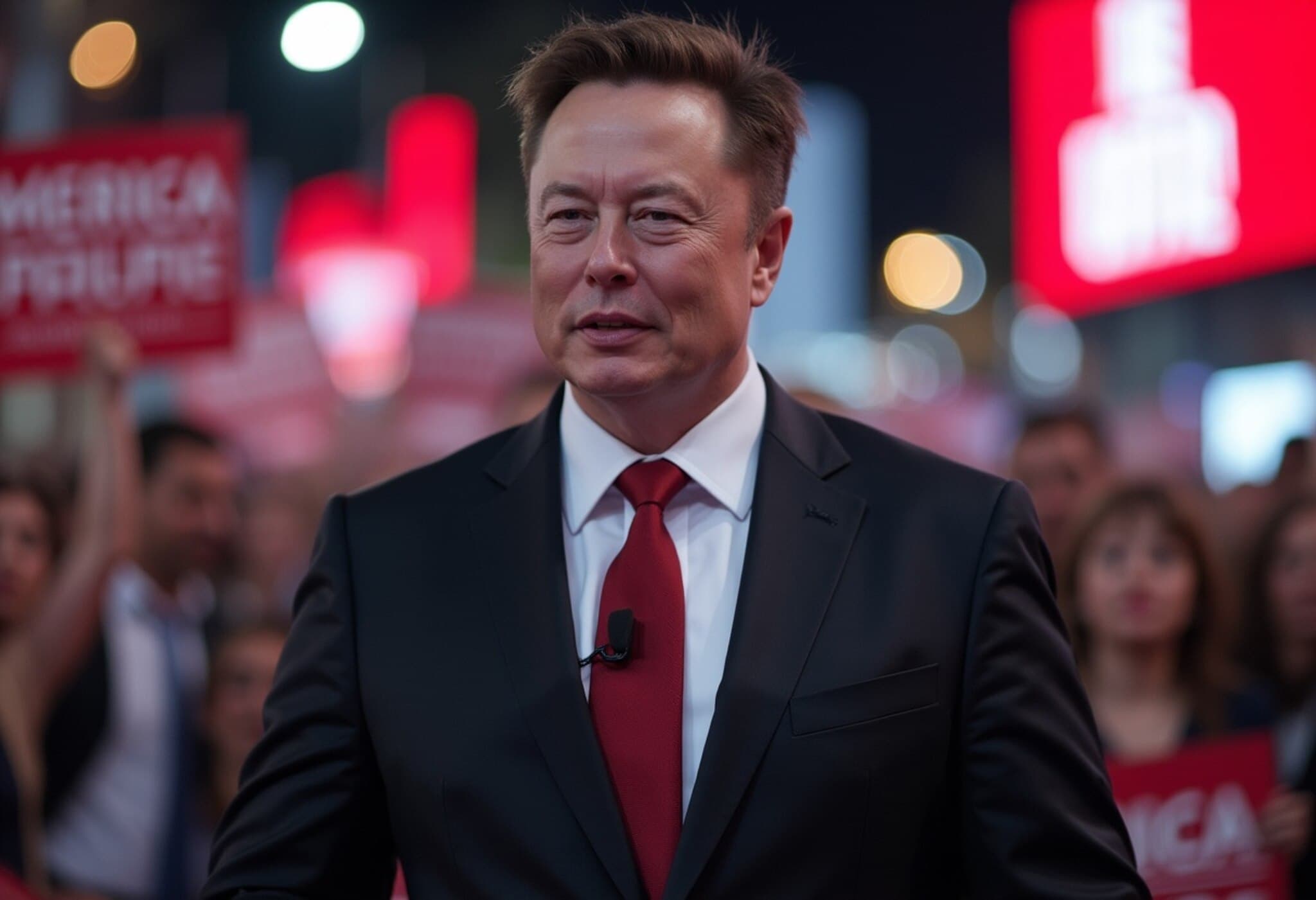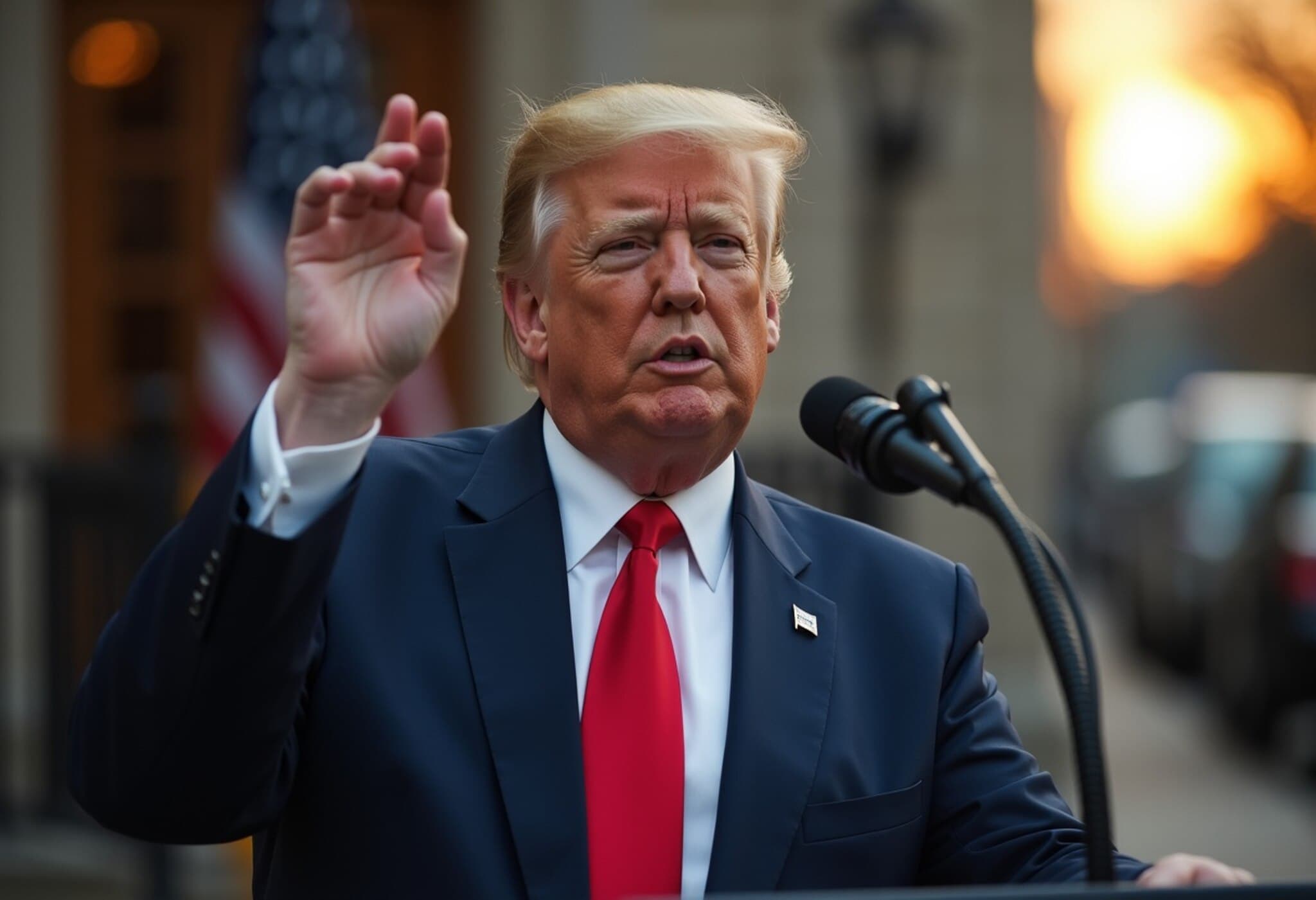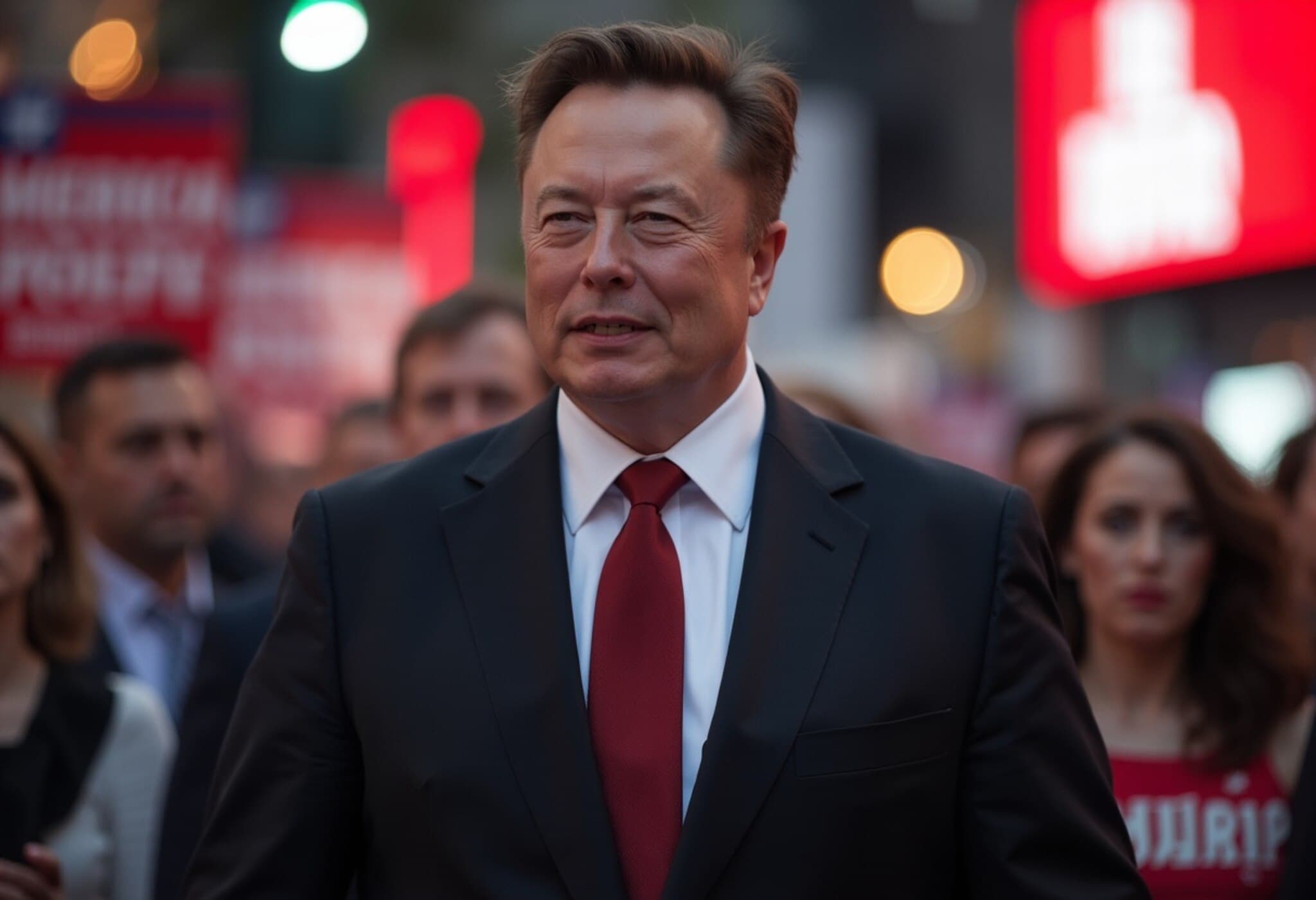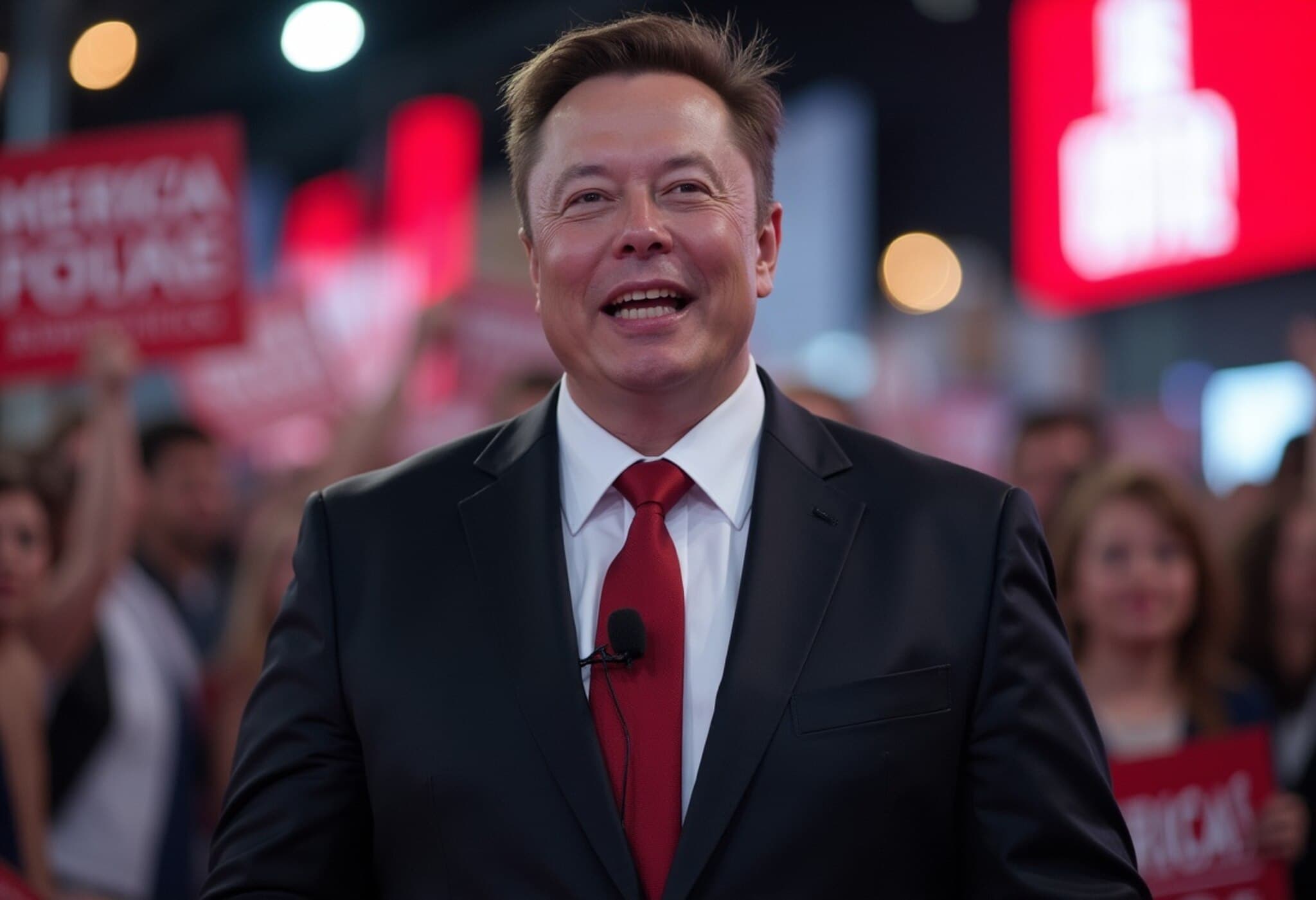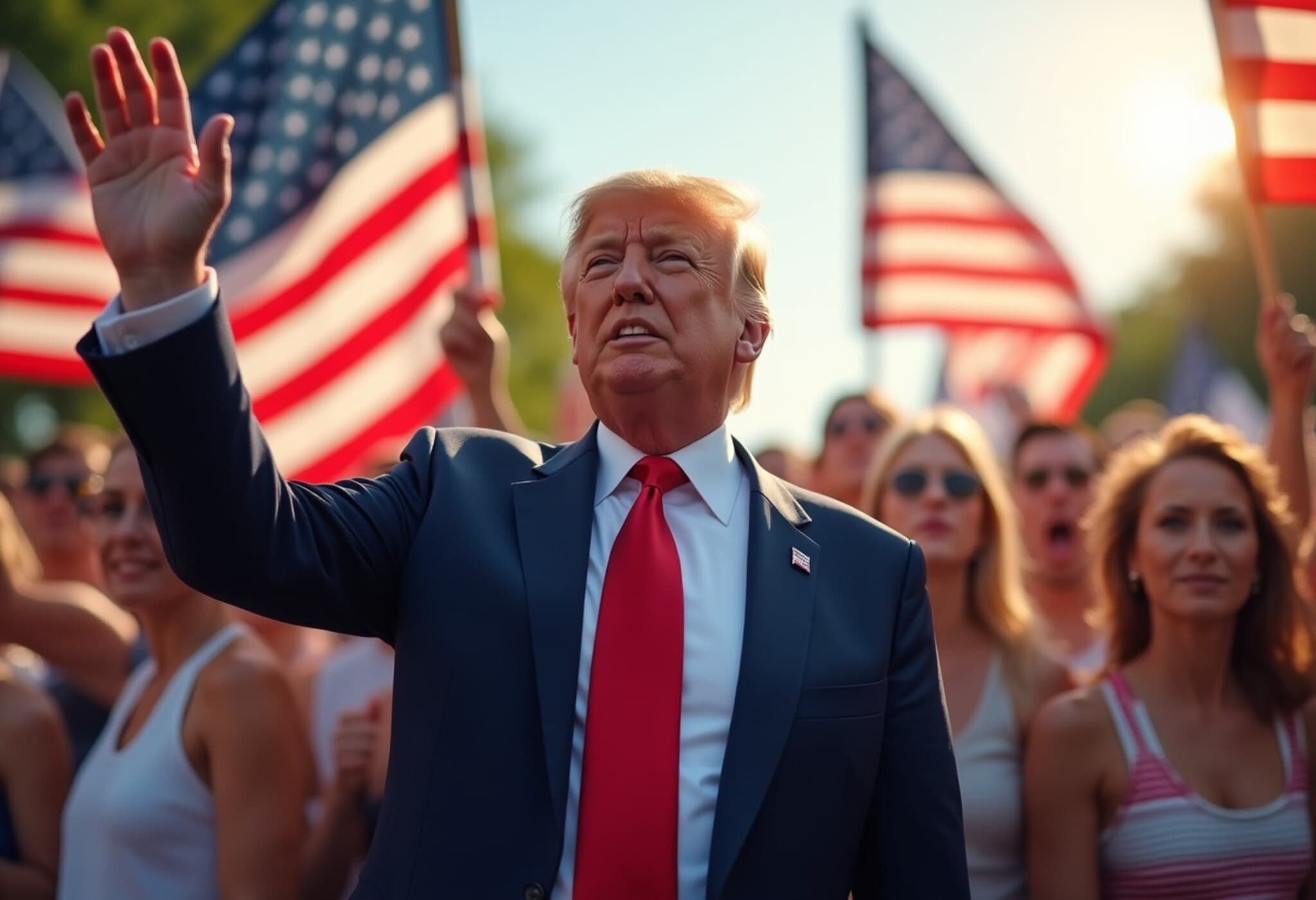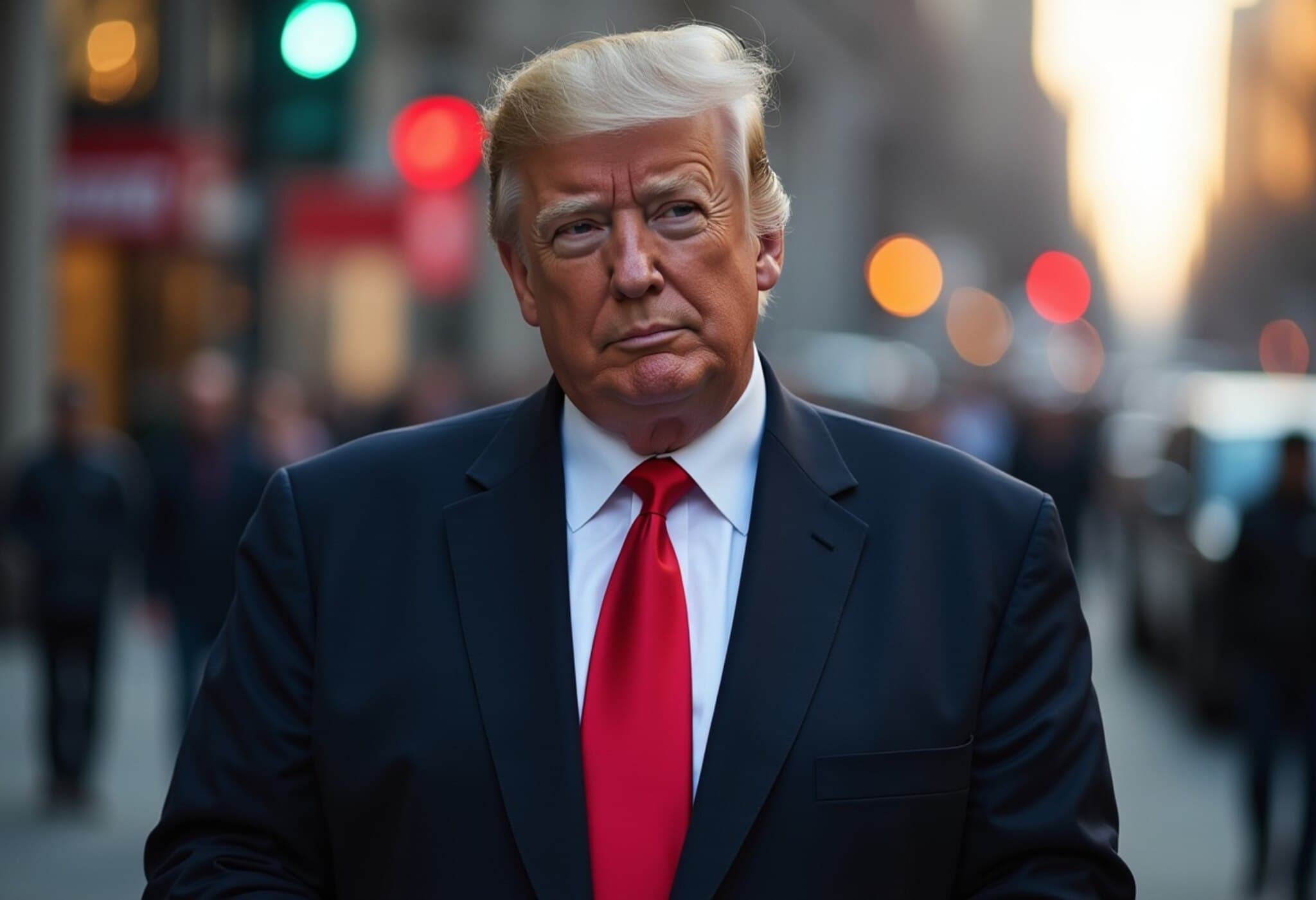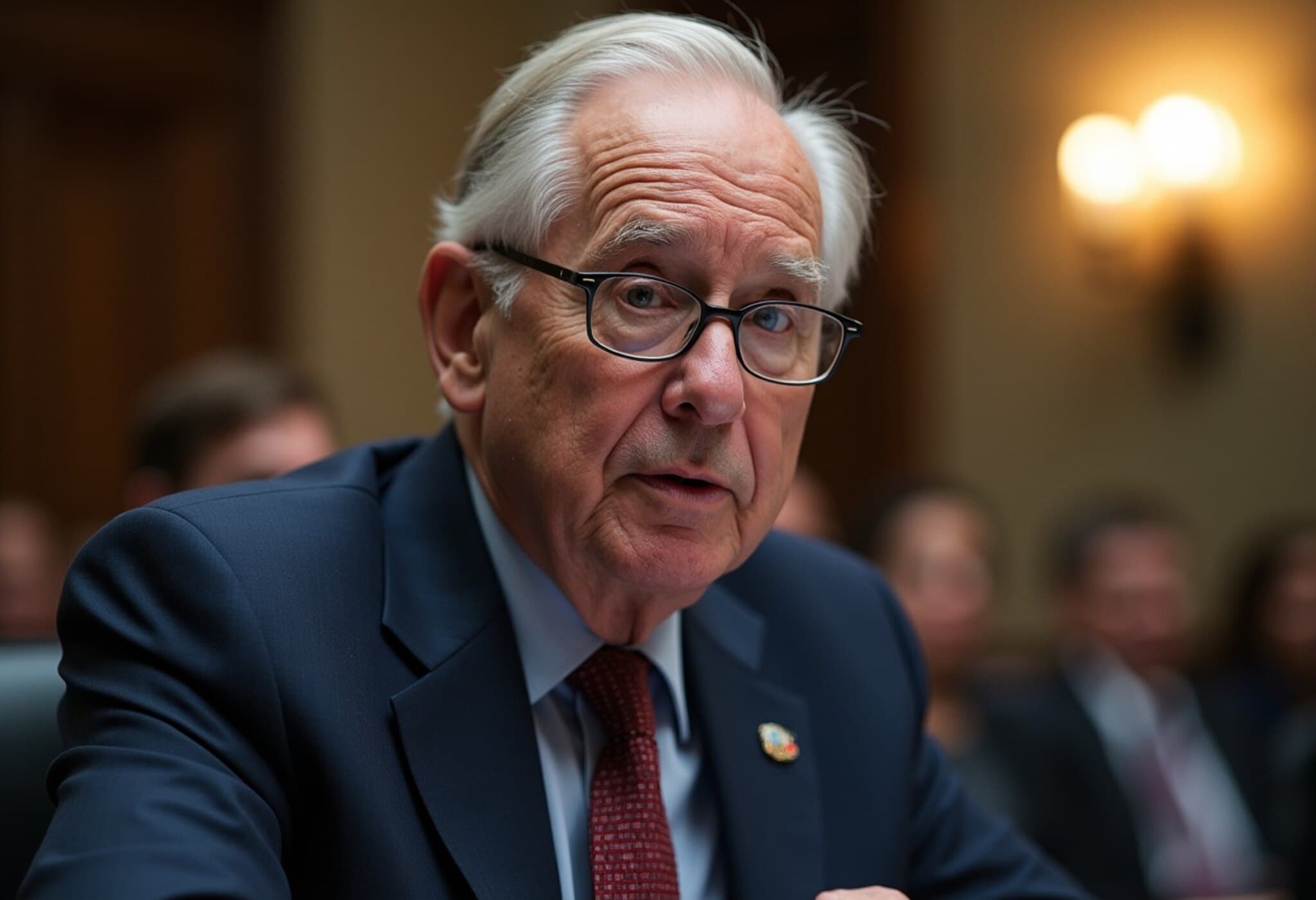Hunter Biden Addresses Cocaine Found at White House, Affirms Years of Sobriety
In a revealing interview aired on July 21, 2025, Hunter Biden, son of President Joe Biden, firmly denied any involvement with the cocaine pouch discovered inside the White House in 2023. Speaking candidly with Channel 5, a YouTube outlet run by Andrew Callaghan, Hunter stressed that he has maintained complete sobriety from drugs and alcohol since 2019. "I have not touched a drop of alcohol or a drug, and I’m incredibly proud of that," he asserted, challenging the premise that he could have been responsible for bringing cocaine onto such a highly secure and symbolic federal property.
The 2023 White House Cocaine Incident: What We Know
On July 2, 2023, Secret Service agents made the startling discovery of a small plastic bag containing less than a gram of powdered cocaine stashed in a cubby near the Situation Room inside the West Wing. The finding prompted an immediate evacuation of the White House. President Biden and his family were at Camp David, Maryland, at the time. Initial inquiries closed without any forensic evidence linking an individual to the drug, leaving the case unresolved within 11 days.
FBI Reopens Investigation Amid Political Speculation
Recently, FBI Deputy Director Dan Bongino announced the reopening of the investigation, reigniting public interest and political speculation. Former President Donald Trump, without presenting evidence, suggested that the cocaine might be connected to Joe or Hunter Biden — comments that Hunter Biden explicitly rebuffed during his interview. The politicization of this incident highlights the ongoing tumult surrounding the Biden family in national discourse.
Hunter Biden’s Public Journey Through Addiction and Legal Challenges
Hunter Biden has openly chronicled his struggles with substance abuse in his memoir, Beautiful Things. Despite past hardships, he emphasized his sustained recovery: sober since 2019. Notably, in 2024, Hunter faced felony charges relating to an illegal handgun purchase. President Biden granted him a comprehensive presidential pardon covering any crimes committed between January 1, 2014, and December 1, 2024, a gesture eliciting varied public reactions and legal analysis around presidential clemency powers.
Defending Against Political Attacks and Stigmatization
Hunter Biden addressed the deeply personal and political attacks he faces, especially from prominent Republican figures. He called out figures like Donald Trump Jr. and Representative Marjorie Taylor Greene for weaponizing his history of addiction. "Slapping the label ‘crack addict’ on me made it easier for critics to turn me into a target," he remarked, highlighting the harsh stigmatization that often accompanies addiction—exacerbated in the arena of political conflict where empathy is scarce.
Contextual Commentary: The Intersection of Addiction, Politics, and Legal Ethics
The intrigue surrounding the 2023 cocaine bag in the White House forces us to confront the broader issues entwined with addiction and political narrative. Hunter Biden’s sobriety journey spotlights the challenges faced by public figures battling personal demons under unforgiving scrutiny. Moreover, the FBI reopening the case amid politically charged allegations exemplifies how law enforcement investigations can become entwined with partisan divides, complicating public trust and media framing.
From a legal perspective, President Biden’s pardon of his son raises questions about the scope and implications of executive clemency—particularly in cases involving relatives of sitting presidents. This situation invites critical discussion on transparency, fairness, and the boundaries of presidential power within the American justice system.
What Lies Ahead?
- Will the FBI’s renewed investigation yield definitive answers about the source of the cocaine found in the White House?
- How might the political weaponization of personal struggles with addiction influence public discourse on related social and health issues?
- Could reforms be considered around presidential pardons to prevent potential conflicts of interest?
Editor’s Note
The intersection of personal hardship and national politics often creates complex narratives that challenge simple interpretations. Hunter Biden’s denial of involvement with the 2023 White House cocaine incident and his affirmation of long-term sobriety ask us to reconsider the human stories behind politicized headlines. As investigations continue and political rhetoric intensifies, the public’s demand for clear facts and compassionate understanding remains more vital than ever.

